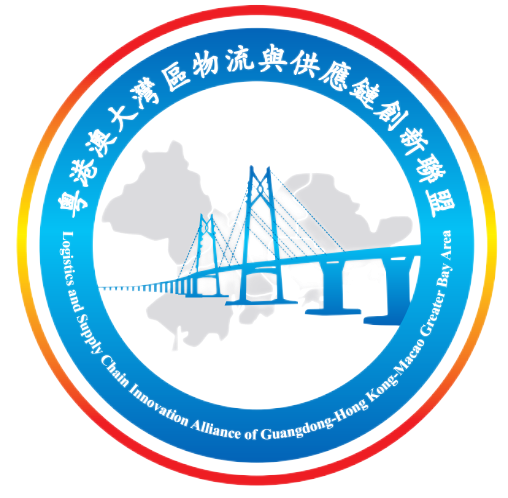Frontiers of Digital Twins in Intelligent Manufacturing and Smart Cities
智能製造與智慧城市數字孿生前沿會議

Welcome to the Frontiers of Digital Twins in Intelligent Manufacturing and Smart Cities Website!
Keynote Speakers
Prof. Xiangsheng Chen (Chinese Academy of Engineering, 中國工程院院士)
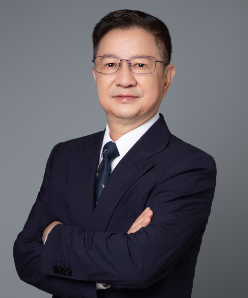
Prof. Anthony G.O. Yeh (Chinese Academy of Sciences, 中國科學院院士)
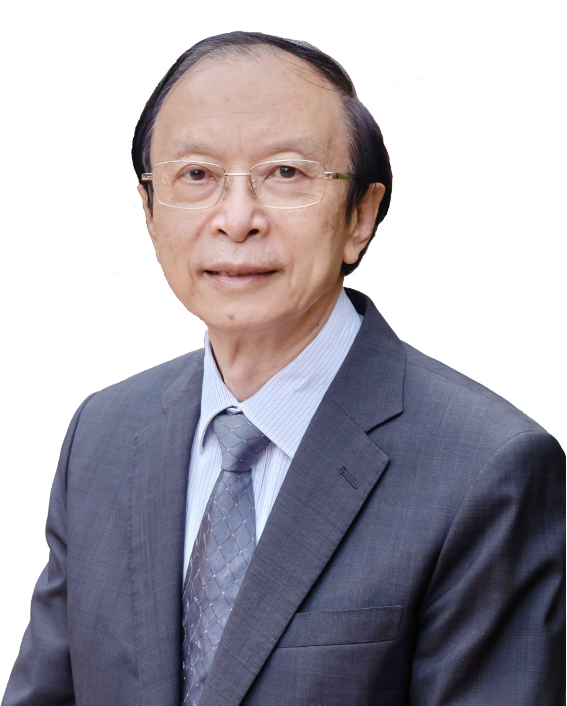
Bio: Anthony G.O. Yeh is a Member of the Chinese Academy of Sciences and the Hong Kong Academy of Sciences, Chair Professor in Urban Planning and GIS at the University of Hong Kong. He has been Director of GIS Research Centre, Dean of Graduate School of t he University of Hong Kong. He is also a Fellow of TWAS (The World Academy of Sciences), Academy of Social Sciences in the UK, Hong Kong Institute of Planners (HKIP), Royal Town Planning Institute (RTPI), Planning Institute of Australia (FPIA), Royal Institution of Chartered Surveyors (RICS) and Chartered Institute of Logistics and Transport (CILT). One of his research areas is the applications of geographic information systems (GIS) as planning support system in smart city and urban development and planning. He has been President of Asia GIS Association, Founding Secretary-General of the Asian Planning Schools Association and Asia GIS Association, Founding President of the Hong Kong GIS Association, Chairman of the Hong Kong Geographical Association, Vice‑President of the Commonwealth Association of Planners, Vice‑President of the Hong Kong Institute of Planners, and Chairman of the Geographic Information Science Commission of the International Geographic Union (IGU).
Title of Keynote: Self-Learning Digital Twin for Smart Cities
Abstract of Keynote: Digital twin provides a continuous real time exchange of data, analysis, and feedback between the physical space (the city) and the cyberspace (the digital model). A reliable and accurate short-term traffic forecasting system is crucial for the successful deployment of any intelligent transportation system. A lot of forecasting models have been developed in recent years but none of them could consistently outperform the others. In real-world applications, traffic forecasting accuracy can be affected by a lot of factors. The impacts of long-term changes to traffic patterns to short-term traffic forecasting are profound and this can easily make an existing forecasting system to be outdated. It is very important for forecasting systems to detect long-term changes in traffic patterns and make updates accordingly. Digital twin offers an opportunity to implement the automatic self-learning system in transport modelling for enhancing the adaptability of traffic forecasting model in improving traffic forecasting.
Prof. Lihui Wang (KTH, Canadian Academy of Engineering)
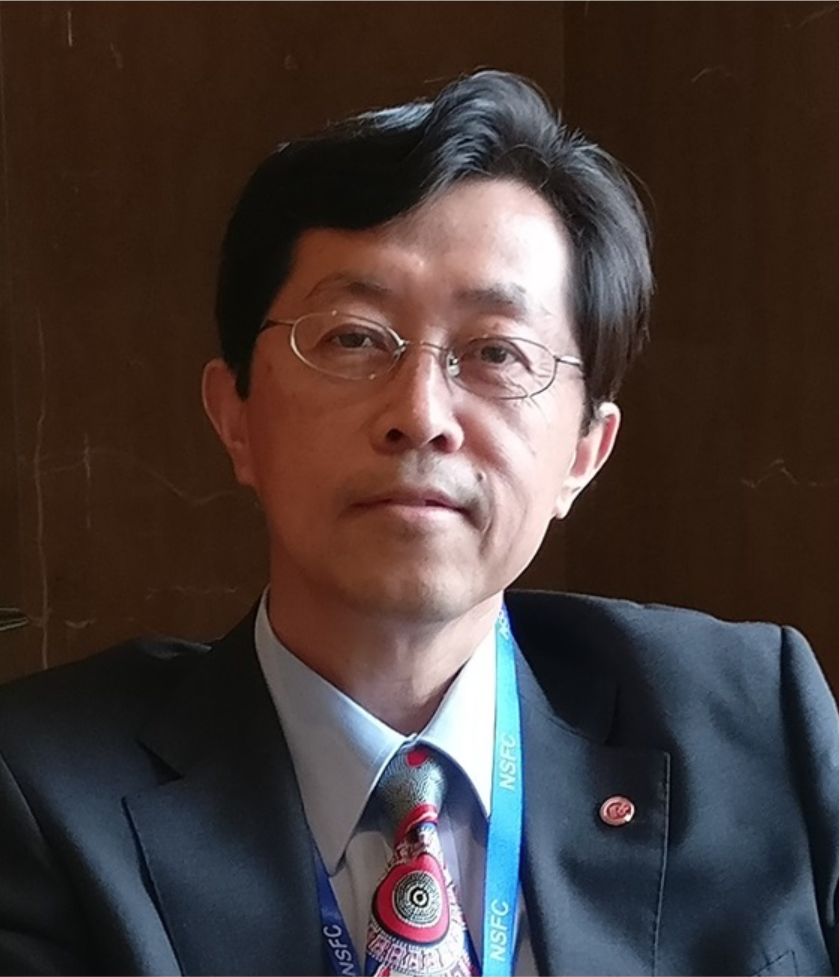
Bio: Lihui Wang is a Chair Professor in Sustainable Manufacturing and the Director of Centre of Excellence in Production Research (XPRES) at KTH Royal Institute of Technology, Sweden. His research interests are primarily focused on condition monitoring, human-robot collaboration, brain robotics, cyber-physical production systems, and predictive maintenance. Professor Wang is actively engaged in various professional activities. He is the Editor-in-Chief of Robotics and Computer-Integrated Manufacturing, International Journal of Manufacturing Research, and Journal of Manufacturing Systems. He has published 11 books and authored in excess of 750 scientific publications. Professor Wang is a Fellow of Canadian Academy of Engineering, AET, CIRP, SME and ASME; the President (2020-2021) of North American Manufacturing Research Institution, and the Chairman (2018-2020) of Swedish Production Academy. He was elected one of the 20 Most Influential Professors in Smart Manufacturing in 2020 and a Gold Medal recipient in 2024, both from Society of Manufacturing Engineers.
Title of Keynote: Condition Monitoring for Predictive Maintenance
Abstract of Keynote: Reliable product services depend on the timely acquisition, distribution, monitoring, analytics and utilisation of usage information from the products across spatial boundaries. These activities can improve accuracy and reliability in utilising the products, and help in maintenance scheduling to bring the products back to normal service conditions. As an emerging tool, digital twin (often combined with big data analytics) provides new opportunities to achieve this objective. This presentation will first present the current status and the latest advancement of relevant technologies in general, and digital twin in particular. In order to understand such new technologies and their future potential, definitions and characteristics among them will be explained. This talk will then project their future growth enabled by digital twin. Research and applications will also be outlined to highlight the latest advancement in the field. While digital twin shows great promise in the future, challenges towards Internet-of-Everything in the areas of future trends remain to be identified in this talk.
Prof. Zhiliang Gao ( Member of RAE)
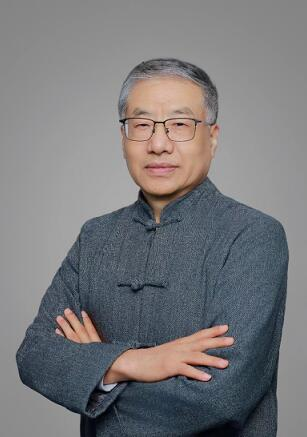
Bio: 高志亮,教授,长安大学智慧油气田研究院荣誉院长、首先专家,数字与数据科学研究中心主任,广东财经大学数字经济学院特聘教授。 长期从事数字与数据科学、中国数字油田与跨境数字贸易研究,是国内数字与数据研究的知名专家,先后出版发行了十多部数字油气田研究和数字与数据科学专著, 拥有20多项发明及其他专利,其中数能转换定律在2024年4月获得日内瓦发明展金奖等,2022年4月当选俄罗斯工程院外籍院士,同西安贵隆数字化工程科技有限责任公司建有外籍院士工作站。
Title of Keynote: 数字与数据科学的数能转换定律研究与探讨
Abstract of Keynote:
数字与数据来源于物质、事物,又还原于物质、事物,形成了数字理论与数据原理,构成了数字与数据的科学,成为无尽的前沿。自数字与数据科学诞生以来其伴随着人类社会的进步与科学技术的发展,成就过无数的科学技术与无数个科学家,并创建了数字与数据的新文明。
在今天,数能转换定律以数字生产力与数据生产要素作为最强新质生产力,转换成新的社会能量与经济动能在推动着数字化时代与数据社会的进步,数字与数据科学在以城市、土地、矿产、制造业数据空间与可信价值数据中完成价值生产与价值增值,将具有良好的表现。报告给出了数字与数据科学模型、数能转换定律模型与跨境数字贸易中城镇土地空间及可信价值数据模型进行探讨。
数字改变世界,数据成就未来。
Prof. George Q. Huang
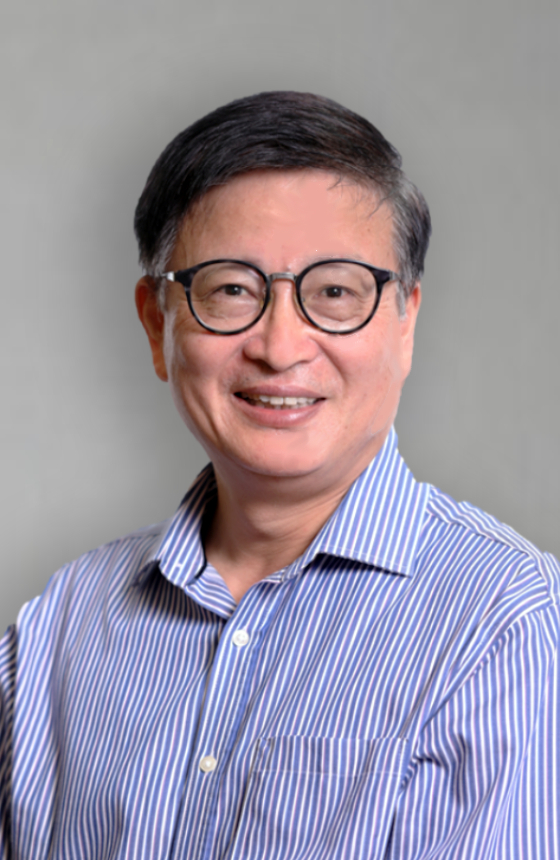
Bio: George Q. Huang joined Department of Industrial and Systems Engineering at The Hong Kong Polytechnic University as Chair Professor of Smart Manufacturing and Director of PolyU Research Institute of Advanced Manufacturing (RIAM). George graduated from Southeast University (China) with BEng and Cardiff University (UK) with PhD degrees respectively. George has been working on smart manufacturing ever since his PhD study and continued and expanded into smart logistics and smart construction with substantial research grants from governments and industries. He published extensively in the related fields and his works have been widely cited with the research community. He served as senior / department / area / regional / associate editors and on editorial boards of more than a dozen of reputable journals. George is Chartered Engineer (CEng), Fellow of IEEE, ASME, IISE, IET, CILT and HKIE.
Title of Keynote: Three Laws of Digitization for Industry 4.0 Cyber-Physical Systems
Abstract of Keynote: To automate or to digitize, this is no longer a question for industrial transformation. While automation is situational, digitization is imperative to develop Industry 4.0 smart manufacturing cyber-physical systems. Both strategies share the same aim at creating values, critical masses and interoperability. But they lead to differing cost and impacts when operational settings vary. If industrial operations are repetitive and the repetition is substantial with prevailing certainty, then automation is an appropriate strategy for most cost-effective industrial transformation. However, significant proportion of industrial operations are still human-centric and cannot be fully automated. Digitization is often associated with so-called “Three High Problems”, namely high cost, high risk and high technical threshold. This talk presents three laws for tackling the Three High Problems. The Three Laws are (i) The First Law of Universal Value – The Value Law; (ii) The Second Law of Sharing Equilibrium – The Sharing Law; and (iii) The Third Law of Cyber-Physical Entanglement – The Entanglement / Coupling Law. The talk will outline the principles and properties of the three laws and demonstrate how they can be utilized for cost-effective digitization.
Prof. Fei Tao
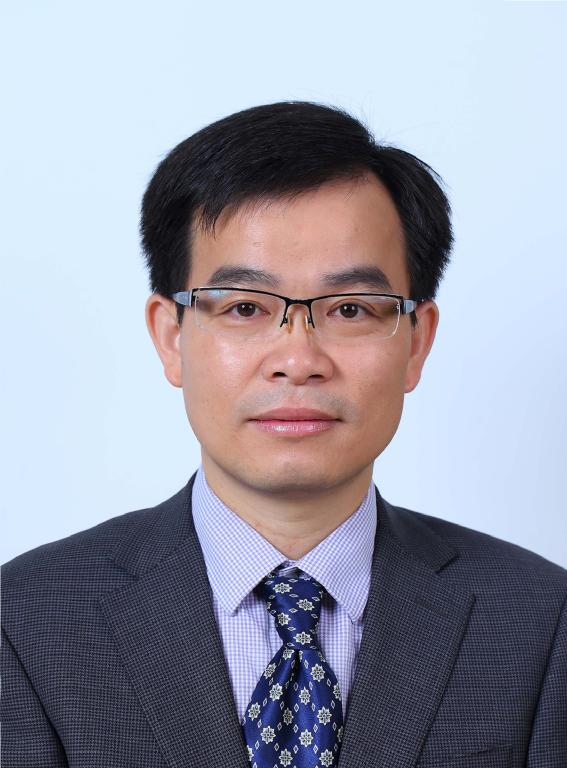
Bio: 陶飞,教育部长江学者特聘教授(2019),现任北航国际前沿交叉科学研究院院长、北航党委人才办副主任、国家智能制造专家委员会委员、“十四五”国家重点研发计划工业软件重点专项总体专家组专家。长期从事数字孪生与数字工程、智能制造与装备、制造工业软件等教研工作。第一作者出版专著5部,在Nature等期刊上发表30余篇ESI高被引论文,单篇引用1000次以上9篇,总被引用4万余次;连续六年入选科睿唯安全球高被引学者和Elsevier中国高被引学者(2019-2024)。第一完成人带领团队获国家科技进步二等奖2项、教育部自然科学一等奖、中国机械工业技术发明一等奖和科技进步一等奖、中国青年科技奖、北京市教学成果二等奖等。现任中国机械工程学会和中国图学学会理事、《Digital Engineering》国际期刊创刊主编、RCIM副主编、CIRP通信会员等。2023年获科学探索奖、入选美国SME智能制造Top 20最具影响力学者(2021),创办《Digital Twin》国际期刊、国际论坛和国际会议。
Title of Keynote: 复杂装备生命周期数字孪生与数字工程理论及实践
Abstract of Keynote: 在新环境、新趋势、新背景下,装备系统数字化、智能化、网络化、体系化转型需求迫切。报告在总结分析中国近20年数字化进程基础上,阐述数字工程1.0到5.0的演化进程。对实现数字工程的核心支撑,数字孪生的国内外研究应用现状进行分析,并探讨数字孪生成熟度和概念。从复杂装备全生命周期新需求出发,探讨复杂装备全生命周期数字工程的概念、理论框架、关键技术及应用场景,并介绍团队在空天装备、纺织装备、工业装备等高端复杂装备数字试验验证、智能制造、运维管控方面的理论研究与工程实践工作。
HKU is calling!
Hong Kong is calling!
Hosted by





Funded by


Mainland/Hong Kong Collaborators



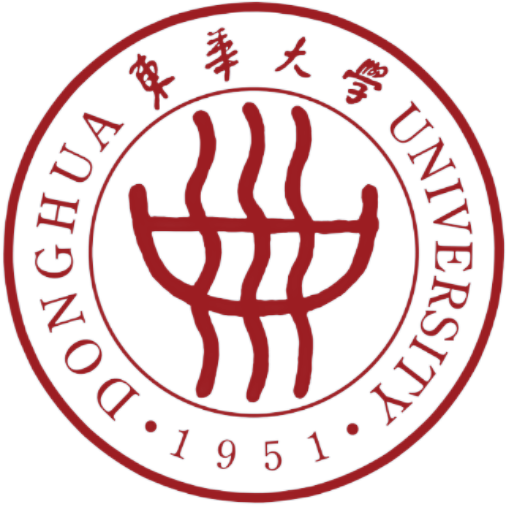
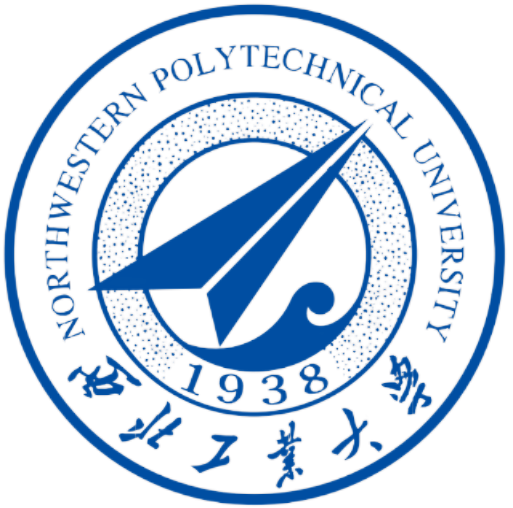
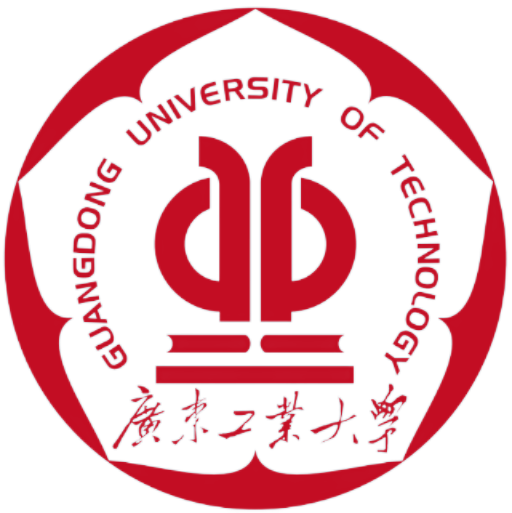
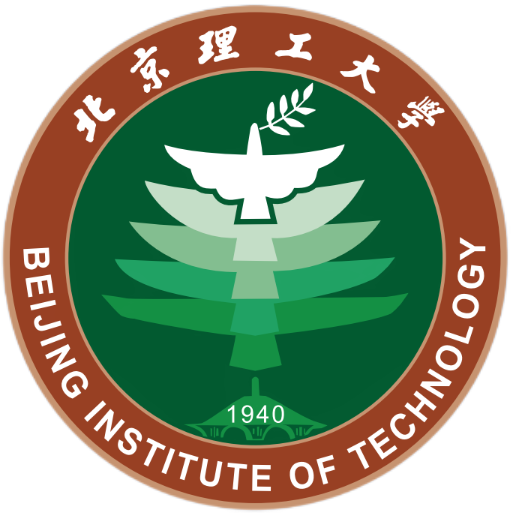
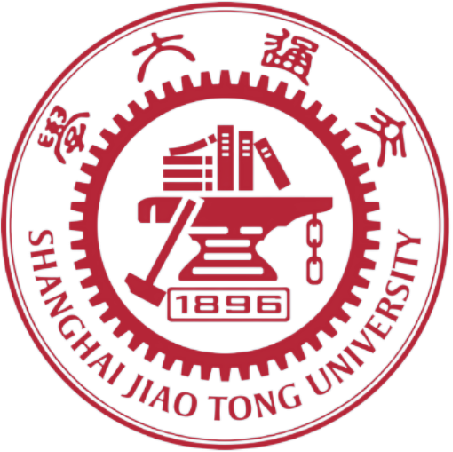
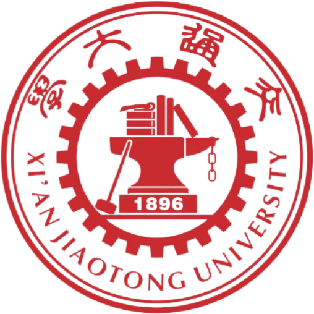

Supported by
